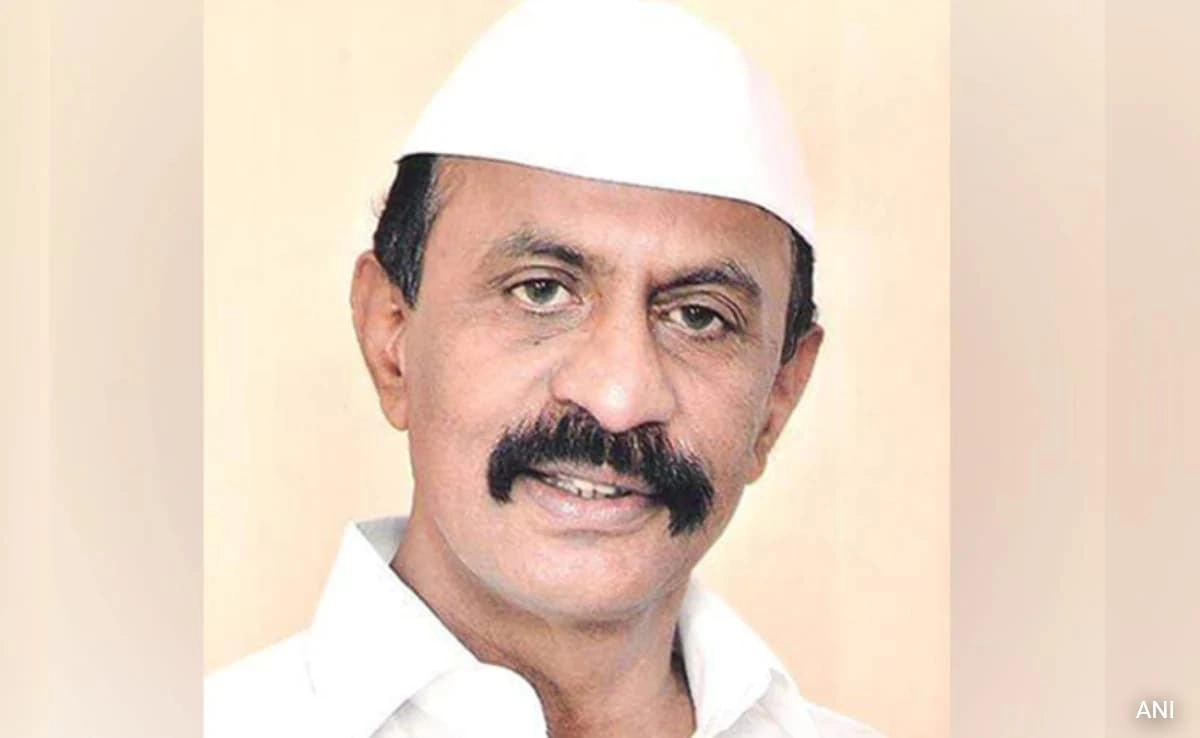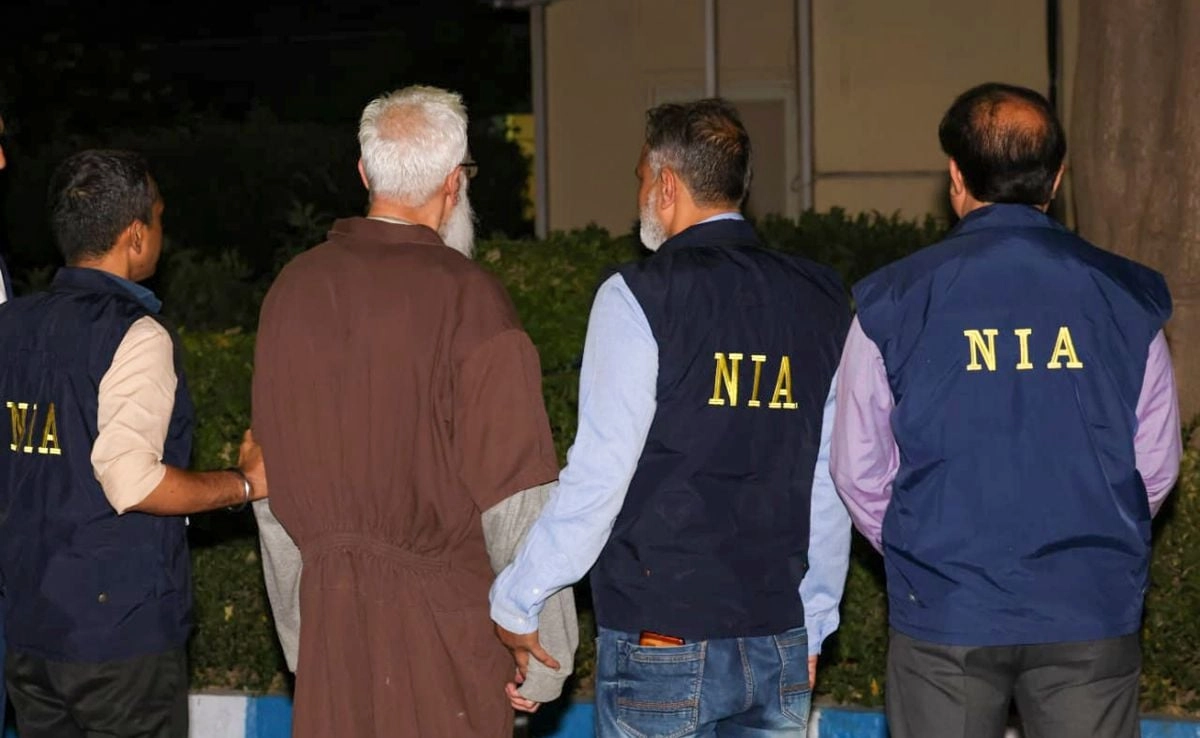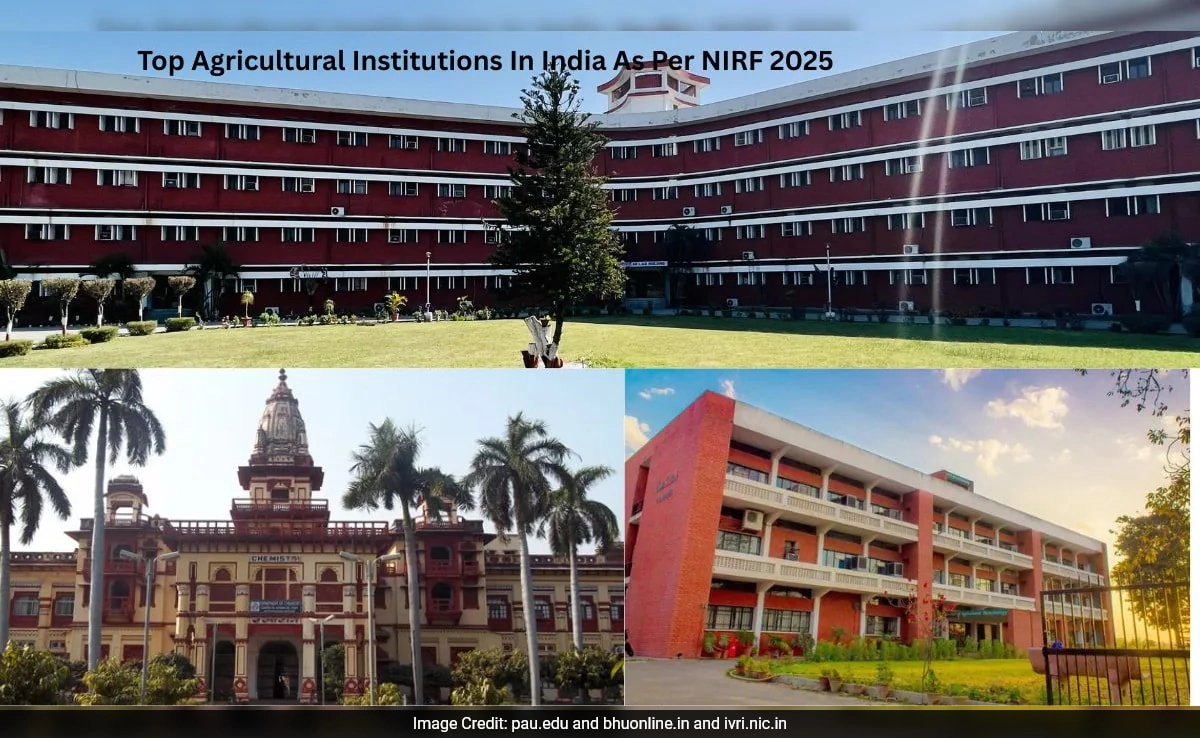In a significant development in the Indian legal landscape, the Supreme Court has granted bail to notorious gangster Arun Gawli, who has been embroiled in a high-profile murder case. Gawli, a prominent figure in Mumbai’s underworld, has spent several years behind bars and his release marks a crucial turning point in his long-standing legal battles. The decision by the apex court not only highlights the complexities of the Indian judicial system but also raises questions about the implications of such rulings on public safety and the ongoing fight against organized crime.
Arun Gawli, once a feared gangster, transitioned into a political figure, which has added layers of intrigue to his case. His involvement in various criminal activities, including murder, has kept him in the public eye, sparking debates about the intersection of crime and politics in India. The Supreme Court’s ruling came after a thorough review of the evidence and circumstances surrounding his incarceration. The justices noted that there were significant gaps in the prosecution’s case and that Gawli had already served a considerable amount of his sentence. This decision underscores the importance of ensuring that justice is served fairly, even in cases involving individuals with notorious backgrounds.
The release of Gawli has elicited mixed reactions from various segments of society. Supporters argue that everyone is entitled to a fair trial and due process, while critics express concern over the potential for increased gang activity and violence in the region. Gawli’s history, coupled with his connections to various political factions, raises apprehensions about his influence and the possibility of his return to criminal enterprises. As the dust settles on this landmark ruling, the implications for law enforcement and community safety in Mumbai will be closely monitored.
Furthermore, this case serves as a reminder of the ongoing struggle against organized crime in India. The relationship between law enforcement, the judiciary, and criminal elements is intricate and often contentious. As the government works to implement strategies to combat gang violence, the release of figures like Gawli could complicate these efforts. It remains to be seen how the authorities will address these challenges moving forward, particularly in light of this recent judicial decision that has reignited discussions around crime, punishment, and rehabilitation in the Indian context.




